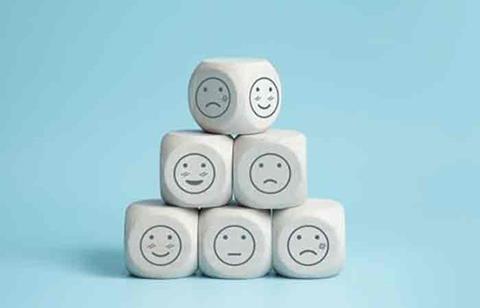
More than four in 10 (44%) of UK workers admitted to feeling exhausted at the end of a working day, according to new research by Telus Health.
For its Telus mental health index, the global healthcare organisation explored the mental health of employed people in the UK, the US, Canada, Europe, Singapore, New Zealand and Australia.
The index is based on a scoring system that turns responses into point values, with higher point values associated with better mental health. Scores between 0 to 49 correspond with distress, scores between 50 to 79 correspond with strain, and scores between 80 to 100 correspond with optimal levels of mental health.
The findings highlighted that 34% of US and 42% of Canadian employees said they feel mentally or physically exhausted at the end of the day, with an excessive workload cited as the top cause.
One-third admitted they had too much work, while 19% said they have too many personal demands. Those suffering from burnout were found to have worse mental health, with a score more than 20 points lower than those who did not.
The mental health score of workers in the US was 71, the highest out of all the regions surveyed, followed by the UK’s score of 64.6 and Canada’s 64. Australia scored 62.5, Singapore achieved 62.9, Europe scored 62 and New Zealand had 60.6.
Employees under the age of 40 were 70% more than likely than those over 50 to find it difficult to motivate themselves for work.
More than two-thirds (68%) were unsure whether or not their employer offers an employee assistance programme (EAP). The mental health scores of those who did not know, or reported that their employer does not offer one, is at least three points lower than those with an EAP.
Paula Allen, global leader, research and client insights at Telus Health, said: “Organisations have the opportunity to engage employees in this evolution by ensuring that tools and training are readily accessible to employees. As with any change, the best way to implement change is to engage people from the start, empowering them to grasp the possibilities and contribute valuable insights.”
















